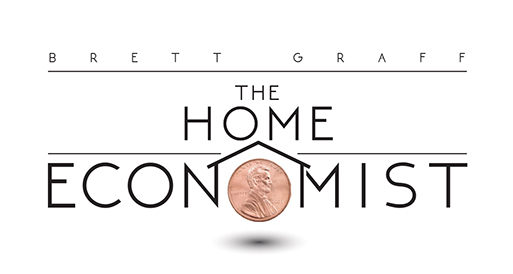The holiday shopping season is upon us and that means that thanks to a few generous husbands some of us will next week be strutting around new designer bags or draped with sparkling diamonds. And while the rest of us will for sure be admiring your loot, it won’t do us any good to be lusting after your relationships. Scientists are now saying that those of us in marriages placing a high priority on jewels, watches and store bought status items are likely to be least satisfied in the very marriages those gifts are supposed to symbolize.
“Materialism does not benefit a long term, satisfying, stable relationship,” says Luke Dean, the financial planning program director at William Paterson University in Wayne, NJ. “For that, you need to focus on people and the relationship and have less an emphasis on things.”
Dean has made a career out of studying money and its effect on our feelings, recently publishing powerful new findings that prove the more materialistic the married couple, the less satisfying the marriage. The results are shocking even to Dean — spouses with similar values are supposed to be happier — and suggest that if we’re truly devoted to our matrimonies, we’ll put away the cash and instead invest more meaningful resources.
Dean looked at questionnaires filled out by 1,700 married couples. Spouses who said that money and possessions were essential to their happiness in life also admitted communicating less effectively with their partners and arguing with them more forcefully. Materialistic people also said their matrimonial unions were less stable and that they derived from them smaller amounts of satisfaction. These effects were amplified in couples made up of two materialistic partners, as opposed to just one.

Couples who value time together are more likely to be happy than those focusing on watches, cars and clothes.
“Generally research supports the idea that in relationships similarities are like assets,” says Dean. “The more similar two people are; the better off their relationship. But that’s not true with materialism because there’s no person to serve as an anchor – a steady reminder that people are more important than possessions.”
There are several signs to signal that money might be messing up your relationship, says Dr. Netta Shaked, a Miami licensed clinical psychologist. The “negative conflict” mentioned by the researchers? They‘re talking about name calling and yelling. Healthy arguing involves different points of view and solutions for solving problems, she says.
The fix? To become less materialistic, says Dr. Ronda Fuchs, a licensed clinical psychologist in Miami Beach. The first step to shedding a status-conscious outlook: acknowledge that it’s selfish in nature, she says. That’s because materialism embraces actions such as acquiring and receiving, rather than sharing and giving. Reverse your self-absorption by engaging in activities that focus on the other person: volunteer together for a non-profit organization, make a meal your partner enjoys, rub the other person’s tired feet or take them for a walk to watch the sunset.
“Materialism offers temporary happiness,” says Fuchs. “Sharing is what helps us feel truly fulfilled.”
Other ideas ideas for paying attention to your spouse, not your status:
Clean out the car or garage.
Cook up a meal.
Spend the day volunteering for a good cause.
Listen to each other.
Read the paper or watch a news program and discuss the issues over coffee.
Go through your kitchen or closets together, decide what you’re hanging on to, and give it away.
Take a walk on the beach.
Watch the sunset.








Leave A Comment